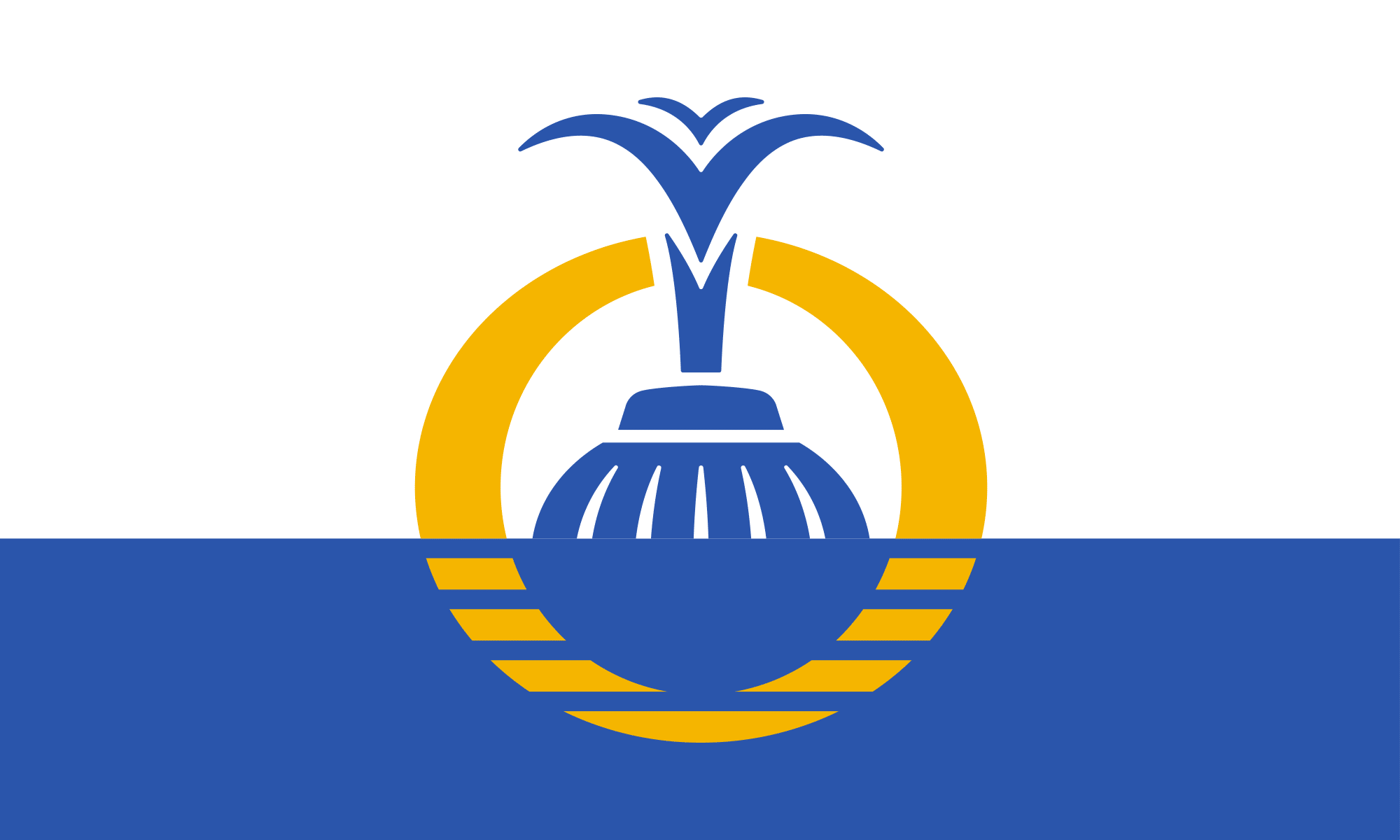Cassius is a highly centralized country known for its authoritarian political system and its deep commitment to maintaining strict order and control. Located in a temperate zone, Cassius is a nation of striking geographical contrasts, ranging from fertile plains and sprawling forests to rugged mountain ranges that form natural borders. Its coastal regions are home to bustling ports, while the inland areas are dominated by vast agricultural fields that feed the nation's economy.
The capital, Pompey, is an imposing and carefully planned city that symbolizes the power of the state. The city is characterized by grand, monumental architecture—massive government buildings, towering statues of national heroes, and wide, ceremonial boulevards—all designed to convey strength and order. Pompey is both the political heart of Cassius and a symbol of its ideology, where citizens' lives are closely monitored and controlled. The streets are lined with billboards and statues that celebrate the nation's leader, whose image is ubiquitous in all public spaces.
Cassius operates under a dictatorial regime, where power is concentrated in the hands of a single leader, who is revered as the ultimate authority. The leader's rule is enforced by a powerful military and security apparatus, ensuring strict compliance with government policies and the suppression of dissent. The government tightly controls all aspects of life in Cassius, from the media to education, and citizens are expected to show absolute loyalty to the state. Political opposition is not tolerated, and the government uses surveillance and propaganda to maintain its grip on power.
Despite its repressive nature, Cassius maintains a strong economy, primarily driven by its agricultural exports, industrial manufacturing, and a growing technological sector. The nation has a significant role in regional politics, projecting power through both military strength and economic influence. Its strategic location and resource-rich land make it a key player in international trade, though its authoritarian stance often isolates it from broader global cooperation.
Pompey is the center of cultural life in Cassius, where state-approved events and celebrations are carefully curated to reinforce the regime's ideals. National holidays are marked by large-scale military parades, and the ruling party's achievements are commemorated in public ceremonies. Despite the regime's tight control over freedom of expression, the arts and culture still flourish, but they must align with the state's values.
The people of Cassius are known for their resilience and strong sense of national pride, but fear of the government’s surveillance and punishment has created a climate of cautious obedience. While the country presents an image of unity and strength, the tension between the regime and the desires of its people is a subtle undercurrent in everyday life. The ruling leadership's focus on national stability and security ensures that Cassius remains a highly controlled, yet formidable presence in the region.











